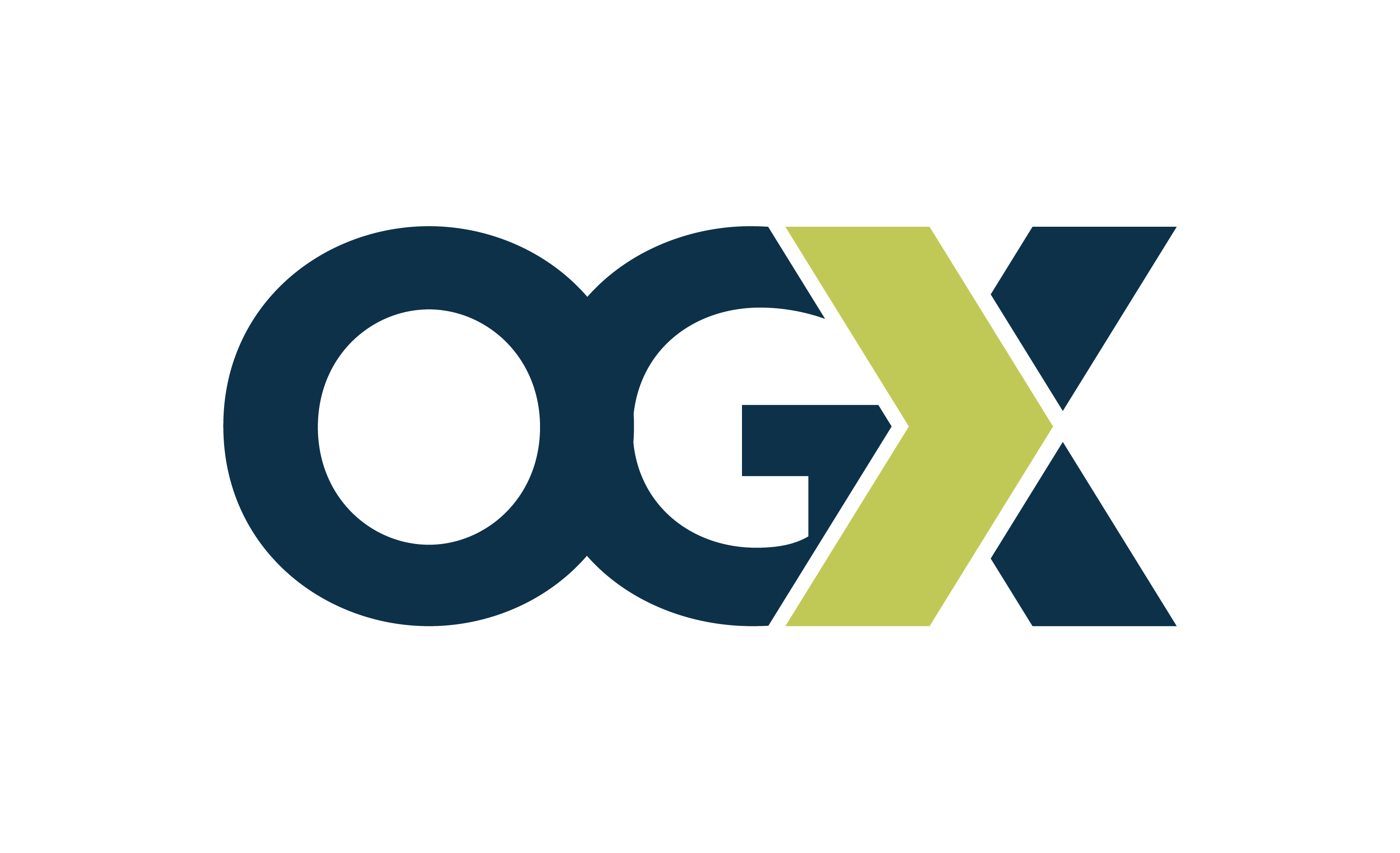
10 Tips for Managing Client Relationships Effectively
CONTRIBUTIONS BY: Abbey Pint, CMO
Relationship management pertains to methods, practices and technologies used to improve and maintain communication and data between businesses and customers. Effective relationship management provides greater visibility, mitigating risks and avoiding unforeseen expenses. In addition, effective relationship management can protect your brand, build loyalty, and gain your business new customers. There are many ways to effectively manage client relationships, but here are the top tips from our team of experts.
Involve your client in the goal-setting process.
Your commitment to the client should be immediately evident during the goal-setting process. Active engagement from both parties will help deliver results customized to the client’s needs. Listen and learn from each other, share ideas openly, and agree on measurable objectives.
Establish your customers’ preferred communication platform.
Effective collaboration usually improves the outcome, which is why it’s important to understand what form of communication best suits a client’s needs. Proactive communication reduces client confusion and minimizes additional questions later on. When communication is lacking, clients can feel like they’re being dismissed.
Manage all client expectations transparently.
This tip feeds off the previous two, reiterating the importance of effective communication. While you’ll have a list of duties to manage on your own, it’s important for the client to understand what’s expected of them, too. To achieve success, you’ll likely need certain information that only the client can provide. The more parties know what to expect, the less concerned parties are with checking in for status updates.
Put yourself in the client’s shoes.
Part of your responsibility is addressing pain points. Clients aren’t always sure of what they need, and putting yourself in the customer’s shoes can help identify and address problems (ideally before they even arise!). When you identify ways a client can do better, be proactive by introducing a solution.
There is no place for pettiness.
As we touched on in our last article, Top 10 Reasons to Hire a Consultant, a good consultant provides neutral expertise. Remaining professional and attentive toward seemingly trivial details helps to build client trust and mutual respect. Even if you deliver great results, a petty attitude can damage your reputation, so don’t get hung up on trivial things.
Be transparent when mistakes are made.
Everyone makes mistakes, but honesty builds trust. In an effort to protect your reputation or sales, you might be tempted to hide the truth or not accept responsibility for imperfections or failures. When you choose to be dishonest, clients may be less likely to work with you in the future. Aside from risking a damaged relationship, not disclosing information can lead to legal investigations and lawsuits, stock and trust declines, and loss of major contracts.
“Clients don’t expect perfection from the service providers they hire, but they do expect honesty and transparency. There is no better way to demonstrate this than by acknowledging when a mistake has been made and humbly apologizing for it.” – Patrick Lencioni
Invest in Customer Relationship Management (CRM) softwares.
CRMs maintain the relationship between customer information and follow-up automations. Utilizing the right CRM can be essential to gaining insights and interpreting data, controlling what’s happening with your customers, understanding when you need to contact them, and increasing customer service overall. CRMs can be a single system with a handful of useful features, but providers frequently offer comprehensive services to add functionality and power to your software.
Always have follow-up sessions.
Make it a routine to automate ongoing communication. Follow-up is essential with clients, but it can take time to build and send new emails. Using a CRM tool, you can automate follow-ups and send automatic updates and requests as much as necessary. Investing in a CRM software is an extra expense, but saving time is invaluable.
Use client portals.
The most essential feature a client portal provides is collaboration. You and your customer can securely transfer files, notes, requests and questions. Customer portals can also provide payment functions, allowing customers to pay you more promptly. The more client visibility you have, the less you need to call, email, and answer questions.
Don’t be afraid to pick up the phone.
Email isn’t always best, and sometimes clients even appreciate the personal touch of a phone call. Talking on the phone can be more effective (and efficient!) than a lengthy email thread. Often phone calls are used to make major decisions, and a call can save time, allowing those decisions to be implemented faster.
We want to hear from you! What advice do you have for managing client relationships? Send us a direct message with your feedback!
If you’re looking into hiring a consultant, reach out and let us know how we can help!
Unparalleled expertise
We dig deep into the inner workings of numerous industries. Pairing our knowledge with proven methodologies, we consistently deliver value to our clients.
Sign up to expect firsthand knowledge from our team that will help you to make informed decisions and give you an edge over your competition.
Unparalleled expertise
Join our community of forward-thinkers. Receive valuable expertise from our seasoned professionals, thought leaders, and industry experts. We dig deep into the inner workings of numerous industries. Pairing our knowledge with proven methodologies, we consistently deliver value to our clients.
Sign up to expect firsthand knowledge from our team that will help you to make informed decisions and give you an edge over your competition.

